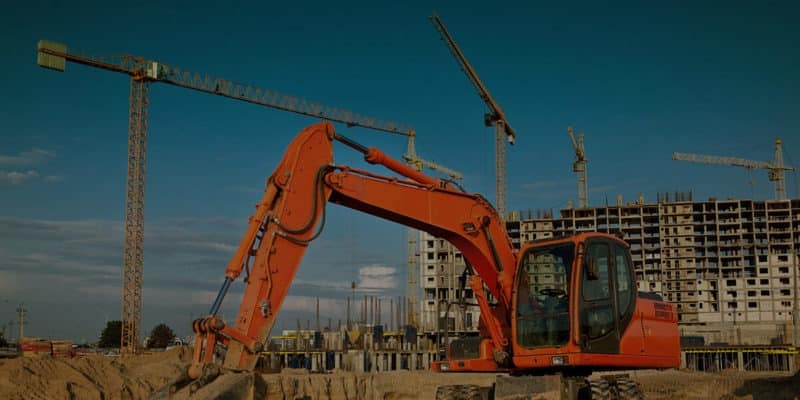by Mark Iandolo
Apr. 9, 2018, 10:44am
SACRAMENTO, Calif. (Legal Newsline) – California Attorney General Xavier Becerra announced April 2 that he is working with Sen. Cathleen Galgani on legislation to permanently establish the Tax Recovery and Criminal Enforcement (TRaCE) Task Force within the California Department of Justice.
“Here in California, home to the world’s sixth-largest economy, every worker who powers this engine deserves rights at work, every upstanding business owner deserves a fair market, and every taxpayer deserves to see their hard-earned money used to fund vital services,” Becerra said in a statement. “If you work hard and play by the rules, you should be able to get ahead. This legislation would provide the resources needed to enforce the law and protect the pocketbook of every hard working Californian.”
Senate Bill 1272 would expand TRaCE to all the state’s metropolitan regions- Sacramento, Los Angeles, San Diego, the Bay Area and Fresno. The bill seeks to combat California’s growing underground economy.
“The underground economy results in significant uncollected revenues that are desperately needed to fund basic government services,” said Galgiani in a statement. “The TRaCE Task Force, operating as a pilot program, has recovered millions of dollars in lost tax revenue for the state. I’d like to thank the agents for their rigorous work investigating and prosecuting the most egregious felony-level underground economic crimes in the state.”










